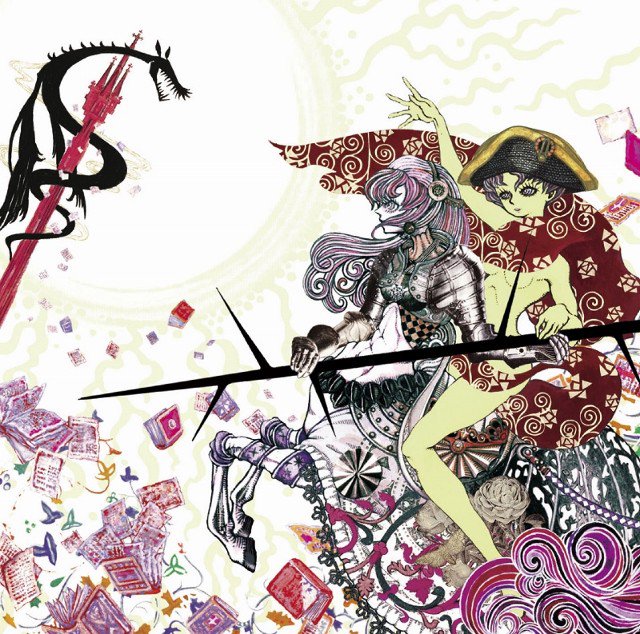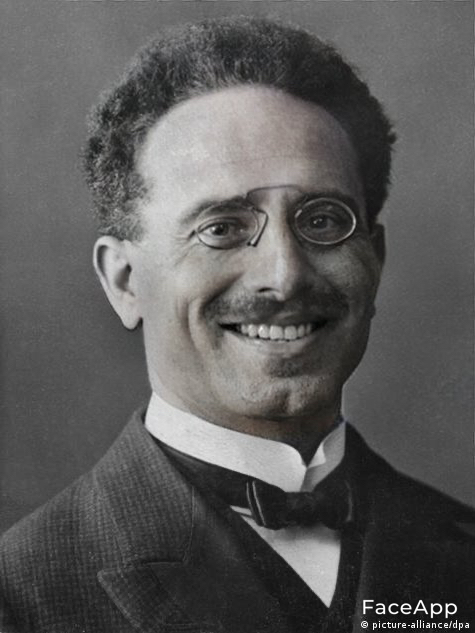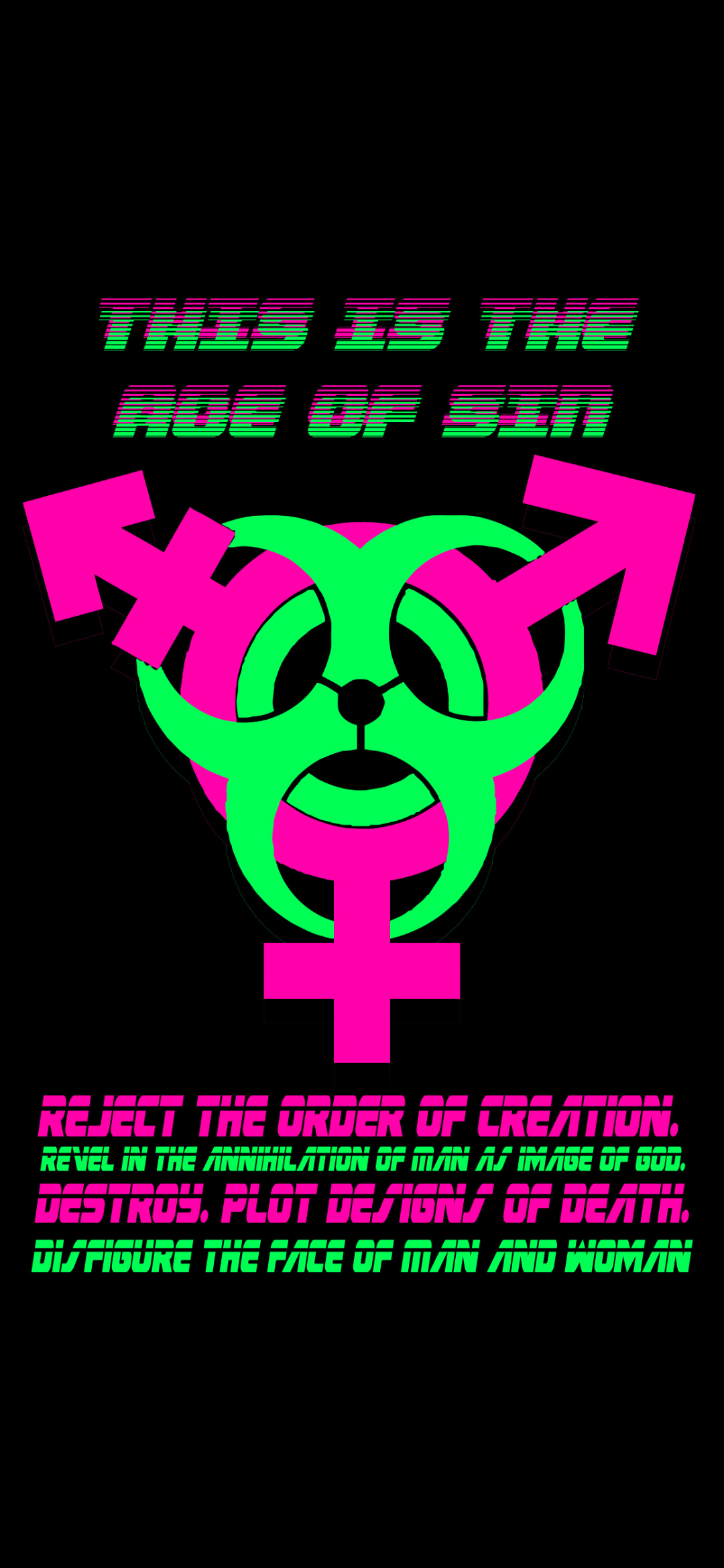The suburbs emerged after WW2 to further enmesh white petty bourgeois and wealthier elements of the white working class into the imperial capitalist system. White flight was an opportunity; it offered these comfortable white cohorts a chance to become property owners and to escape the increasingly Black and Latine urban cores, which they associated with crime, violence and poverty.
Your Freddy Kreugers, your Friday the 13ths, your Stranger Things are all that violence coming back to pierce the suburban facade of homogenous safety. They're expressions of white petty boug' (and labor aristocracy's) fear of The Other, and a warning that the world past Elmdale Lane is hostile and best left unexplored.
Yup. Among many other things, like symbolicly punishing the youth for resisting their elders reactionary attitudes.
But Halloween's Michael Meye's is just a totally inexplicable evil from no where who hurts people to give suburbanoids the thrill of thinking they might come under threat.
One thing supporting the horror fan genre is a lot of them love the underlying psychology of these movies and will happily discuss it along the gore and b-horror casting.
Watch the OG Candyman if you haven't already, it's an interesting inversion of the white suburban horror and I think was a direct commentary regarding it.
I read an essay on it that argued that candyman was a horror movie about the intentional neglect and abandonment of socialized, racialized housing projects and the despair and horror that abandonment bred.
That is another valid interpretation as well, especially given our main character (a white woman) interacts with the mythology in a voyeuristic way when the community itself already knows full well the horror it suffers in and who's knowledge and warnings are left unheeded.
Leftist podcast "Generation Loss" did an episode on Candyman that examines this, worth listening to after a watch.
If this is a case of "person realizes something everyone already knew" please let me know.
i think it's so implicit that it flies under the radars of most critics
I think smarter mainstream critics get it. It was very explicit in The Purge for instance. Less wise mainstream critics miss it. Many horror fans cite it as a major factor they enjoy.
It's hard to enjoy slop nowadays. Everything is CIA this, Torment Nexus that. Look how we're giving these marginalized peoples representation while we commodify their culture.🎉
To be fair you can say this about any popular American cultural phenomenon and probably be right
in that the American suburb itself is white supremacist, yes. without the fear of Urban Crime, you don't get these barren areas of residential private property zones organized and constrained by explicitly segregationist committees
Idk if this is how it was meant, but I interpret these things more as "holy shit look how fucked up the suburbs are". I watched the Twin Peaks prequel movie recently (without having watched the series lol) and
spoiler and sexual violence CW
Laura says Bob/Leland has been coming through her window to rape her since she was 12, and of course nobody has done anything about it.
The baddies are "supposed" to be external I guess, but the way they are depicted is these background forces of evil that come up every year or so to do a murder. The call is coming from inside the house, you know?
Michael Meyes comes from the Burbs. Freddy lives in people's dreams. The gremlins come from a racialized foreigner but definitely mock the noias of suburbanoids. A lot of them, especially the more self aware ones, have multiple layers.
Your Freddy Kreugers, your Friday the 13ths, your Stranger Things are all that violence coming back to pierce the suburban facade of homogenous safety.
I think it is worth visiting the original runs for Nightmare on Elm Street and Friday the 13th to get the nut of what fears they represent.
NoES builds its brand on the ideas of physical and emotional exhaustion, describing horror through helplessness. Even the climax - initially portrayed as individually empowering, as the clever survivor outwits the monster - reveals itself as a fascade and catches the audience at its most vulnerable.
The suburban setting is incidental to the core idea of being young and vulnerable.
F13 is an intergenerational morality play about teenagers having sex. Less violence coming to the suburbs, this is more a kind of Protestant Wrath of God, with horny teenagers getting their comeuppance.
spoiler
After dragging Freddy into the waking world, the surviving heroine concludes that Freddy can only hurt you if you're afraid of him. So she consciously turns her back as he charges her, willing herself to calmness, and he vanishes in a puff of logic.
The next scene is surreal, as she reunites with the loved ones Freddy killed. She climbs into her boyfriend's car, but as they drive away the car locks itself and starts speeding uncontrollably. Freddy bursts through the window and the movie ends.
It's one of the most notorious horror movie plot twists.
Well… sure, I guess on a subconscious level. But the first season was specifically about MKULTRA and whatnot
True, though lots of people fall into the overlap of criticizing the government for bad things and also being racist.
For example, the conspiracy nuts who think the government is spying on them also tend to think that the government is acting on the orders of da joooz.
This seems like an appropriate juncture to post this Limmy rant…
That was the 80s…absolute shite
You might find this episode of The Red Nation interesting: On John Carpenter's Halloween (1978)
And similarly Horror Vaguard’s episodes on Halloween (1978) and Friday the 13th
I think some contemporary suburbs horror reflects the secret horrors of suburbia that are papered over with the whitewashed picket fence facade and are very different from the ‘suburbia under siege’ horror you’re talking about despite having near identitical aesthetic choices. But yea agreed mostly
I think it's more based on the anticommunist horror films like invasion of the body snatchers








